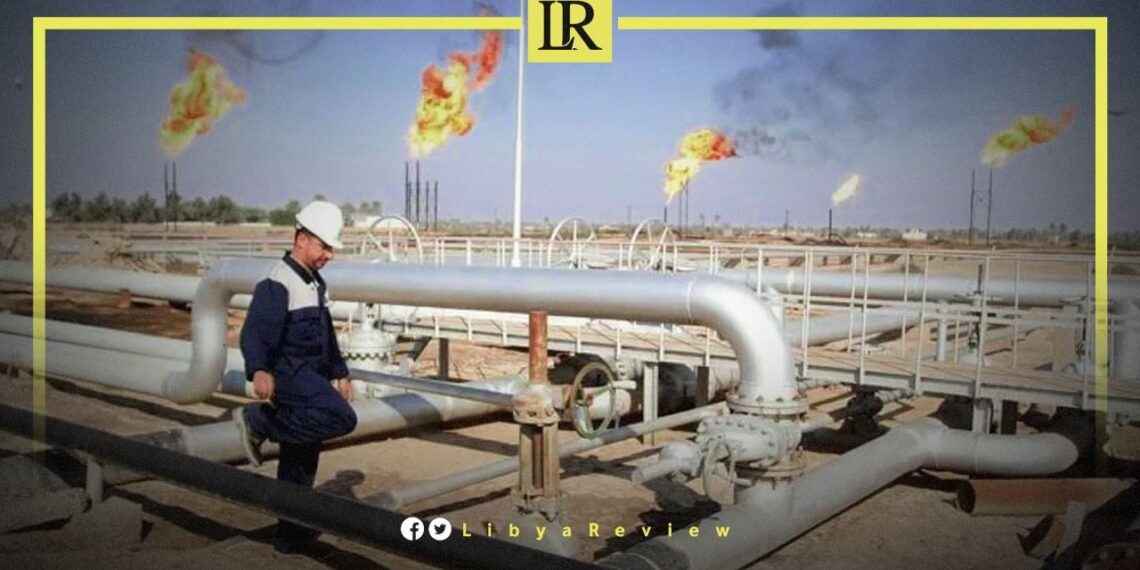Libya’s oil sector is embroiled in a deepening crisis of escalating oil smuggling accusations amid rising internal tensions, notably following the suspension of Libyan Oil Minister Mohamed Aoun. This crisis is putting a spotlight on the fragile state of Libya’s political and economic stability.
The heart of the controversy involves high-profile figures: Libyan Central Bank Governor Al Sadiq al-Kabir and his affiliates accuse Prime Minister of the Government of National Unity (GNU) Abdul Hamid Dbaiba of turning a blind eye to the rampant smuggling of Libyan oil.
They advocate for urgent reforms to the subsidy program that significantly drains the nation’s foreign exchange reserves.
An analysis from a prominent Washington-based energy research institution highlights the potential for Ukrainian attacks on Russian refineries to further exacerbate Libya’s illegal oil trade, amidst ongoing political strife.
As of February 2024, Libya reported crude oil production of approximately 1.14 million barrels per day, primarily destined for European markets, given the country’s compromised refining capabilities due to prolonged civil conflict.
A critical route for Libya involves importing fuel from Russia through Turkish intermediaries, emerging as a vital channel for Moscow in the wake of severe Western sanctions and the EU’s embargo due to the Ukraine invasion. However, allegations suggest that only a fraction of this imported fuel remains within Libya.
The majority is purportedly smuggled across Libya’s porous southern borders to Sudan, eventually benefiting the Sudanese Rapid Support Forces militia, indirectly supported by Russia’s Wagner Group, according to insights from energy sector analysts, citing S&P Global reports.
These smuggling operations are not just a breach of international law but are also claimed to funnel billions of dollars to fuel the ongoing civil war in Sudan.
The recent Ukrainian offensives against Russian refining capacities have severely impacted Russia’s fuel production, prompting Moscow to ban gasoline exports for six months starting March 1, 2024, and possibly leading to increased diesel prices and further market interventions.
This scenario may force smugglers to seek alternative fuel sources to sustain the lucrative black market in Libya, marking a contentious point between Prime Minister Abdul Hamid Dbaiba and his critics, including his former ally, Governor Al Sadiq al-Kabir.
The Libyan Central Bank’s reports indicate that the volume of gasoline and diesel the country imports should more than suffice for domestic needs. Yet, locals frequently report fuel shortages and long queues at petrol stations.
The CBL governor al-Kabir has repeatedly highlighted the inflation of government subsidies for commodities, which soared from 20.8 billion dinars ($4.3 billion) in 2021 to 61 billion dinars ($12.6 billion) in 2023, with fuel subsidies accounting for 41 billion dinars ($8.5 billion).
Fuel in Libya is sold at heavily subsidized rates, a legacy from the Gaddafi era, making smuggling and black-market sales immensely profitable, an open secret among the various groups vying for power within the country.
The significant shifts in fuel flow put Libya in a precarious position, exacerbating the criticisms of fuel smuggling that threatens the fragile control of the Government of National Unity in Tripoli.


